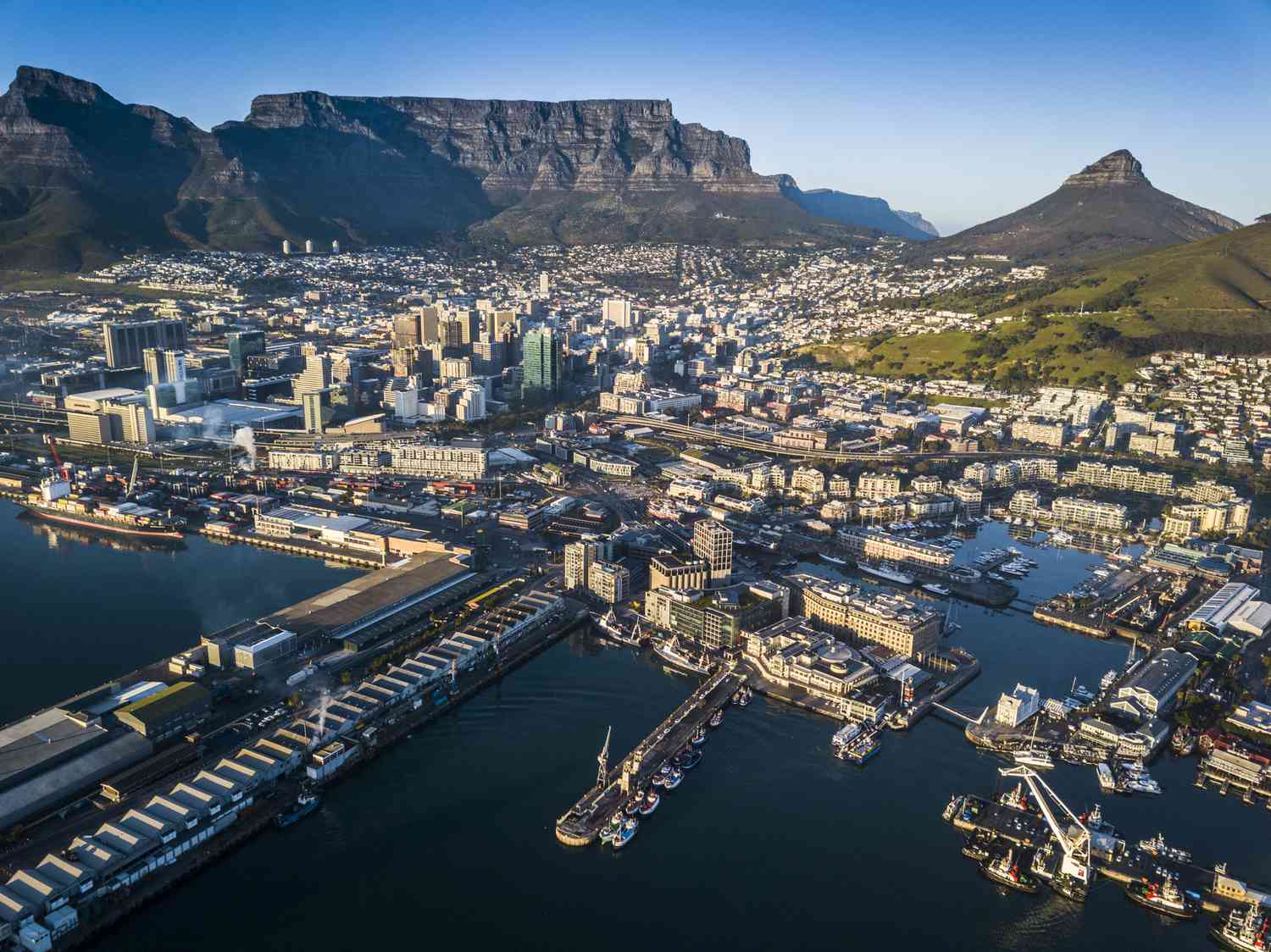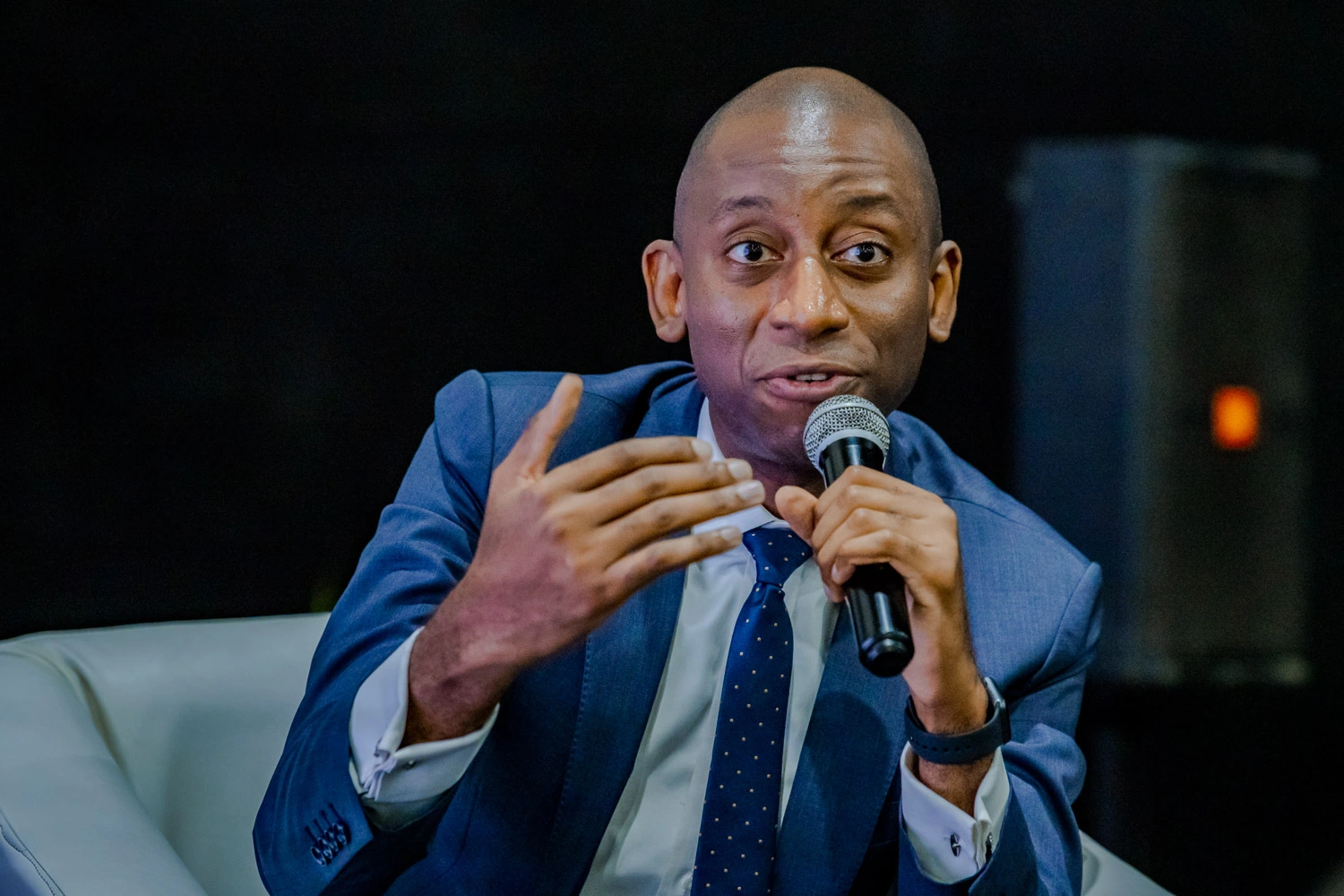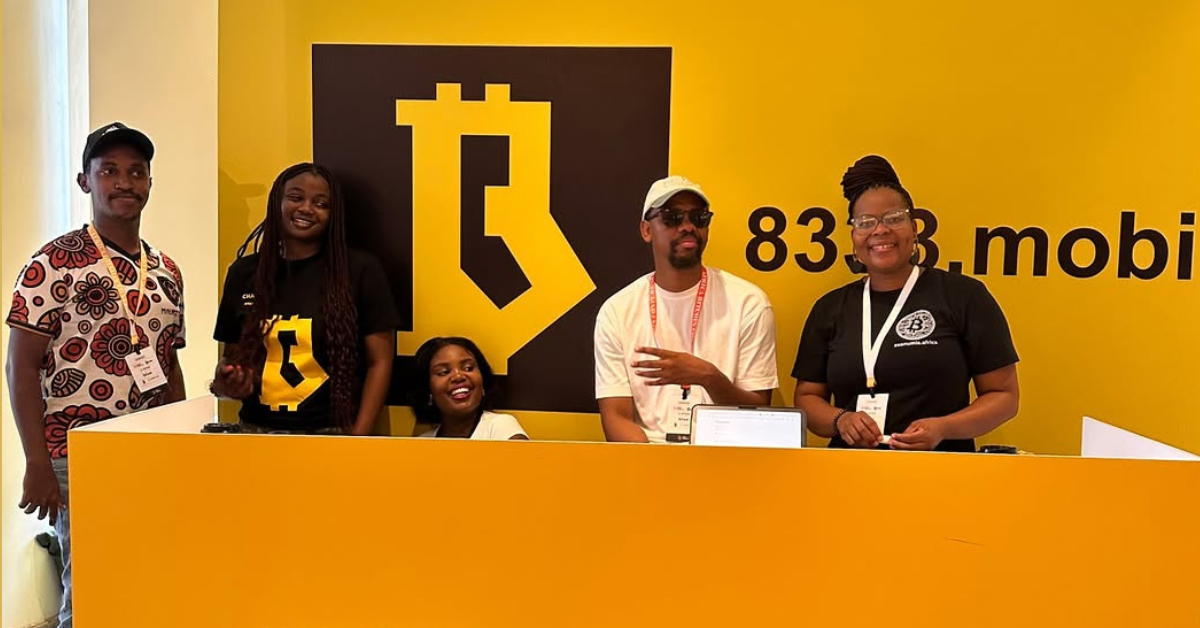South African venture capital ecosystem experts explain how startups can survive the difficult environment startups exist in.
With the VC funding crunch nearing its second year, African startups which have for the last six years enjoyed some access to venture capital, have had to adapt to a negatively charged environment.
The lack of free-flowing VC capital, with its stringent growth expectations is not necessarily a bad thing, especially for founders looking to build businesses that will be robust enough to survive any funding environment. That’s the sentiment echoed by the ecosystem players TechCabal spoke to for this article.
According to Clive Butkow, CEO of Johannesburg-based VC firm Kalon Ventures, this epoch is making founders focus on what they have always needed to focus on: sustainable growth.
“You had a case where founders were raising capital, even when they could have bootstrapped their way to some significant traction,” Butkow told TechCabal. “ They ended up having to give away a huge chunk of the business because they had very limited leverage.”
Butkow adds that instead of prematurely pursuing venture capital and falling under the “growth at all costs” spell, founders should rather consider bootstrapping as well as funding via the business’s revenue. The current funding environment, according to Butkow, is helping founders to execute their visions more independently, in the process building strong businesses in which they have decision-making and execution powers.
Amina Patterson is the co-founder of Solve4x, a South Africa-based firm focused on helping corporates design programmes for early-stage startups and also led the operations of one of South Africa’s most prominent accelerators, AlphaCode. From her experience working with over sixty startups, most startups that embarked on the VC-raising journey were not ready for the hustles and bustles that came with the process.
“I would say between 80% and 90% of startups I have worked with wanted to raise capital but what we saw after doing the requisite due diligence was that perhaps 10% of them, at most, were ready to raise that type of capital,” she told TechCabal.
She adds that in most cases, founders failed to have important conversations before raising capital. These include conversations on equity dilution which, as the business grows and gets more investors, might lead to misalignment and eventually, arguments about shareholding.
To address this lack of education on how venture capital works, Patterson believes that accelerators have a role to play. The VC funding raising culture had permeated the ecosystem so much that those conversations, important as they are, were secondary to the fundraising process.
“Unfortunately with a lot of accelerators, they provide programmes for upskilling entrepreneurs and do some business development but rarely do they focus on getting to the nitty-gritty of what is in a term sheet. How does this link back to your existing financials and your go-to-market strategy? How does this link to your future ambitions of raising capital at a later date?” Patterson added.
One accelerator trying to address this knowledge gap is the Johannesburg-based I’M IN Accelerator. The firm makes preseed investments in early-stage startups, with a particular focus on black-founded startups. According to Palesa Tabai, program lead at I’M IN, the accelerator has investor readiness frameworks in place which they use to gauge startups’ readiness to raise venture capital. She adds that with most startups trying to raise funding, they are unable to prove beyond reasonable doubt that their product will meet venture-level growth trajectories. That is where the readiness frameworks assist.
“We assess a startup’s market, business and technology readiness level through working with our in-house experts in the due diligence process. This helps founders to really understand what they are getting themselves into if they decide to take VC investments and help them gauge whether they are ready or not,” Tabai told TechCabal.
Tabai adds that through the due diligence process, most founders come to the realisation that it would be more practical and efficient to either bootstrap the business or pursue alternative funding avenues, including grant competitions.
With the VC downturn showing no signs of slowing down, startup founders have to get themselves familiarised with the new operating environment. According to Will Green, founder of Co.Lab and a venture builder with over 23 years of experience, African founders hold an advantage in that prior to the availability of venture capital, founders still built strong businesses with strong fundamentals.
“Compared to the rest of the world, venture capital is a relatively new concept in Africa. We have founders who were building even prior to the VC rush,” Green told TechCabal. “I believe new-age founders can benefit extensively from the experiences of those founders who were building tech startups before the VC boom of recent years.”
Green believes that like the dotcom bubble of yesteryears which saw the likes of Google, Apple and Amazon come out with stronger and more resilient business models, the current VC crunch will in retrospect see the emergence of such sustainable businesses on the continent.
As the saying goes, pressure makes diamonds and at the moment, the African venture capital ecosystem is under a significant amount of pressure in the VC crunch. Contrary to 2021 when funding announcements were a daily occurrence, nowadays, layoffs, and shutdowns have become the daily occurrence. Through all this, most ecosystem experts TechCabal spoke to believe that this “market correction”, undesired as it is currently, will produce resistant entrepreneurs and companies which will stand the test of time in the future.
Currently, there has to be a collective effort between founders, investors, and other stakeholders to ensure that the crunch does not swallow even the promising startups. The new batch of founders, used to using venture capital to achieve moonshot growth targets, have to familiarise themselves with the concept of building businesses whose unit economics make sense. Investors and accelerators have to play the role of providing reality checks for founders. Due diligence before writing checks can help founders, who are sometimes overtly confident in the capabilities of their startups, avoid giving away equity way too much equity way too early in the business’s lifespan.
According to the experts, it is only through this collective effort that the African tech startup ecosystem, already not missing its fair share of challenges, can see the other side of the current VC crunch.
Have you got your tickets to TechCabal’s Moonshot Conference? Click here to do so now!





















